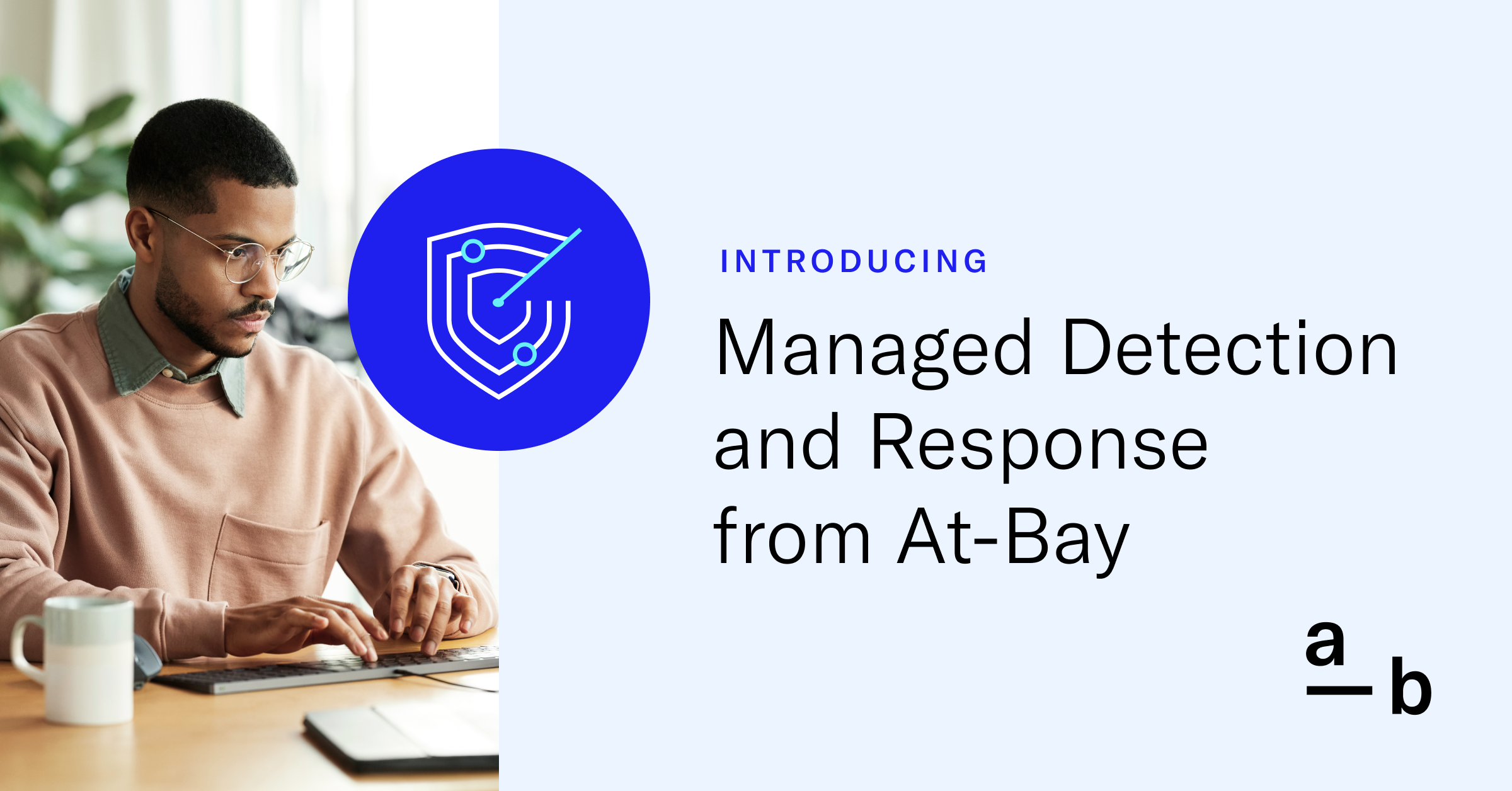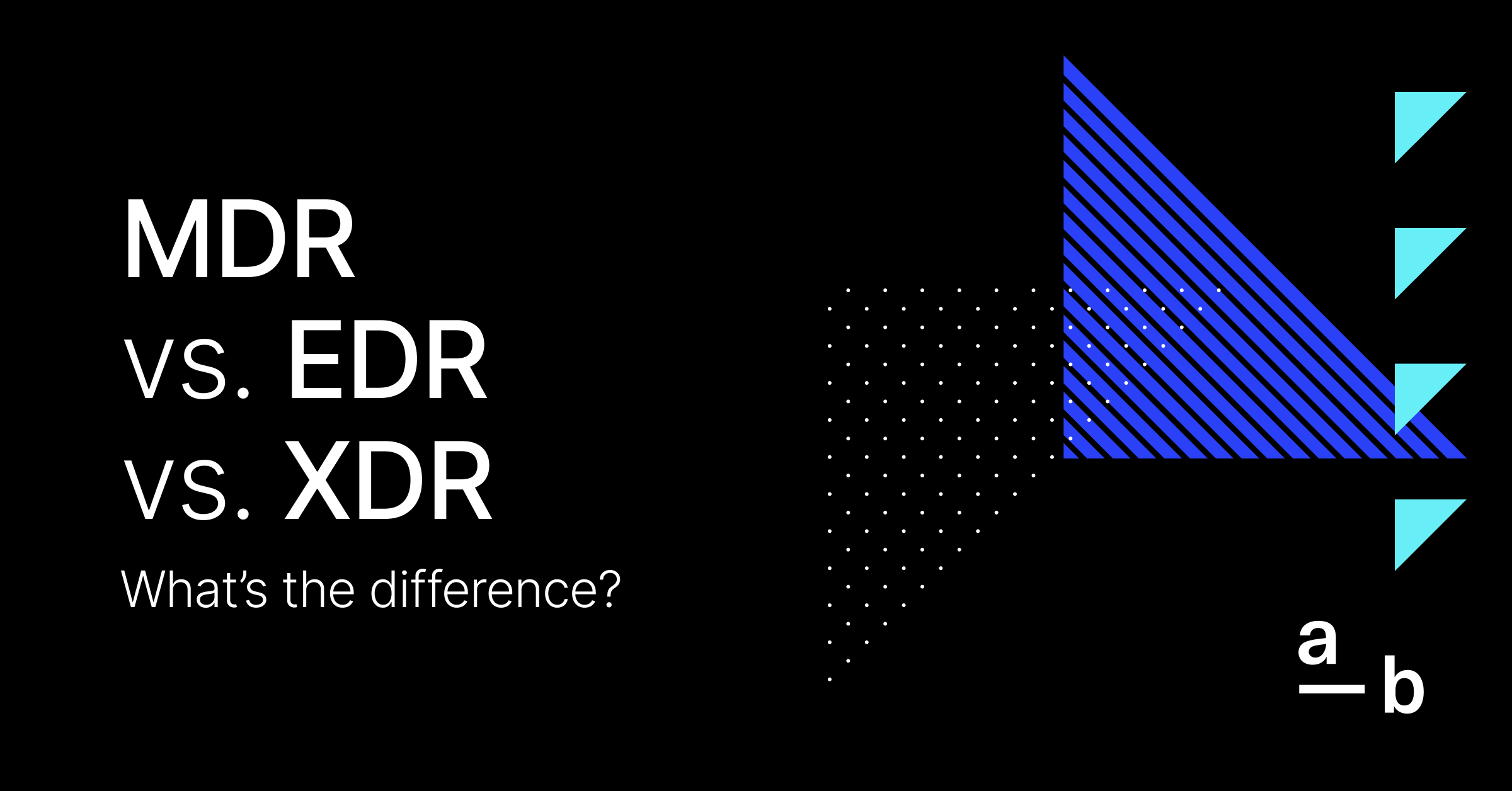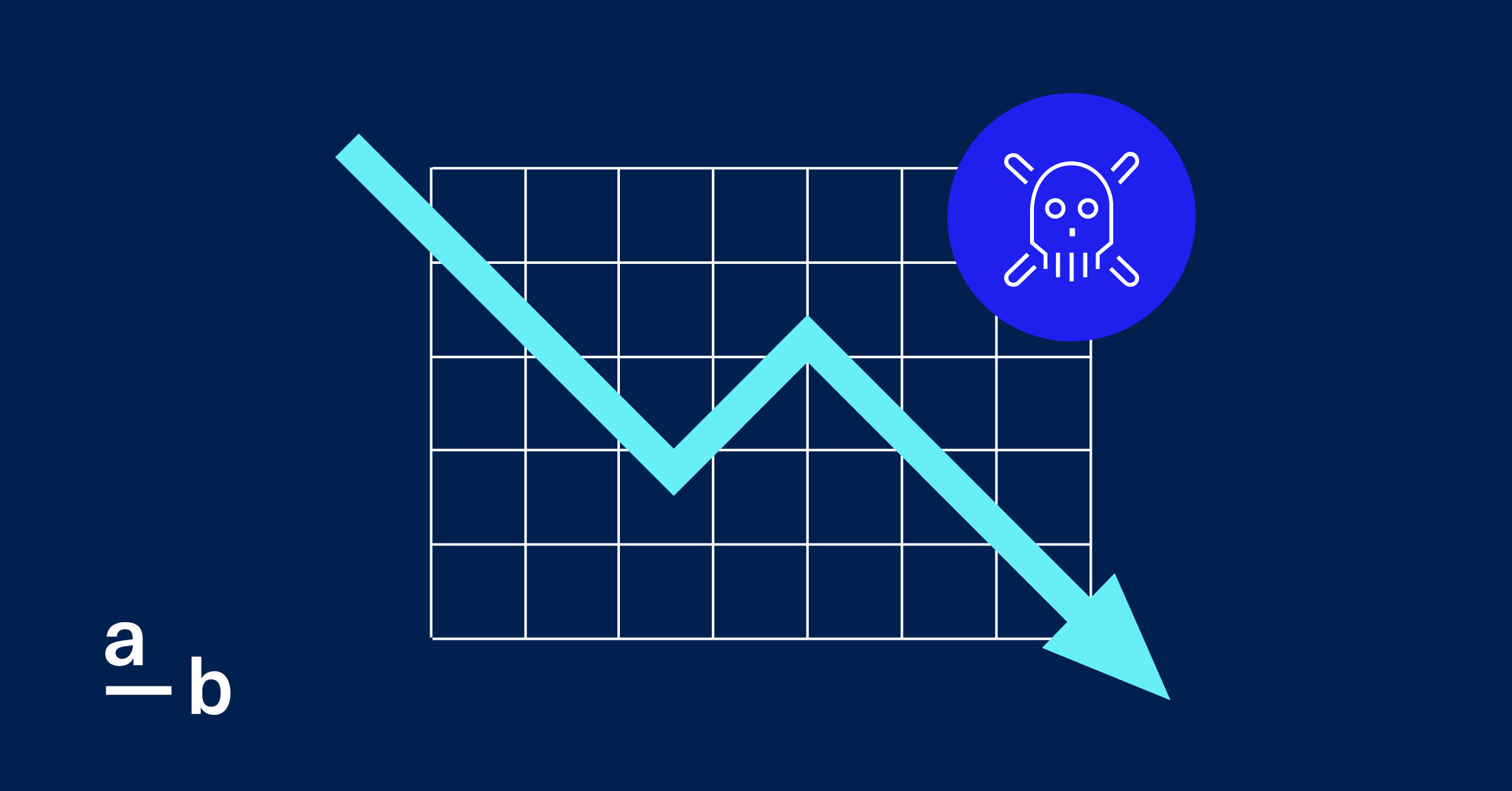Article
Understanding Endpoint Security and Protection
Here’s how this technology plays a critical role in protecting a business’s IT systems
As technology becomes more central to business operations, it’s critical to secure your systems and, in particular, your endpoints.
An endpoint is any device that connects to your business network where users interact with corporate data and services — think computers and smartphones. Businesses deploy endpoints to enable productivity, facilitate communication, and provide essential services both in office and remotely. Neglecting endpoint security exposes your business to heightened risk, as each unprotected endpoint can offer cybercriminals an entry point to infiltrate your network, steal sensitive data, disrupt operations, and potentially inflict reputational and financial damage.
Due to these threats, robust endpoint security has become a first line of defense for small businesses. Let’s dive straight into what endpoint security is and how it can protect your business’s network and data.
What Is an Endpoint?
Endpoints act as gateways to your business’s network, encompassing all the connected devices a business uses for its operations. While endpoints are necessary tools for productivity, they can also serve as a point of entry for cyberattackers.
Endpoints include but are not limited to:
- Desktop Computers: Often the workhorses of any office, they’re on the front lines when it comes to potential cyber threats. Office desktops are prime targets due to their continuous network connection and critical role in accessing and handling sensitive data. They can be compromised by both external attacks and insider threats if not properly secured.
- Laptops: Their portability makes them valuable but also increases the risk of potential security breaches. Laptops can easily be stolen, lost, or used on potentially unsafe networks outside of a company’s internal security infrastructure.
- Smartphones: These carry significant business data and often have access to corporate networks.
- Tablets: Like smartphones, they’re used on the go, presenting similar security challenges.
- Servers: Central to network operations, servers are a jackpot for cybercriminals due to the high volume of data they hold.
- Internet of Things (IoT) Devices: From smart thermostats to connected security cameras, these are increasingly becoming part of business networks and thus require protection.
As time goes on, businesses require more and more digital devices to keep up with the competition. Unfortunately, this expands the number of potential points of entry for attackers, which is why securing these endpoints is vital in any cybersecurity plan.
What Is Endpoint Security?
Endpoint security is the practice of securing end-user devices, like those listed above, from unauthorized access and malicious activity. Essentially, it’s a tailored approach to network protection that focuses on safeguarding the ‘ends’ of the network, which are frequently the targets of attacks.
Types of Endpoint Security
There are several types of endpoint security, each with its own set of capabilities and benefits.
Managed Detection and Response (MDR)
MDR is a managed service that combines EDR technology with human expertise to provide an overarching security incident detection and response capability. Businesses that have limited IT resources find this service particularly attractive as it offloads the burden of continuous monitoring, detection, and response activities to an external team. Think of it as outsourcing your cyber watchdogs, who have the skills and resources to respond to threats around the clock.
Because MDR services include a team of security experts who manage threats, it’s ideal for businesses that can’t build extensive in-house cybersecurity capabilities. It’s generally easier to integrate and can be more cost-effective than other endpoint security approaches, appealing to organizations seeking expertise and a turnkey solution without the complexity of managing a comprehensive security platform.
Endpoint Detection and Response (EDR)
EDR is a real-time monitoring solution that collects data from endpoints to identify, investigate, and respond to cyberthreats. It provides comprehensive insights into endpoint activities, essentially serving as the “security camera” for your network. Using behavioral analysis, it looks for patterns that suggest malicious activity, and not only stops attacks, but also offers tools to investigate the ‘how’ and ‘why’ behind an attack.
Its significance lies in its continuous surveillance and immediate response to threats without requiring human intervention for every alert. EDR is ideal for those who need an in-depth, analytical approach to their endpoint security.
Extended Detection and Response (XDR)
XDR is EDR’s big brother. It takes a broader view, crossing the boundaries of traditional endpoint devices and delving into the security data from email, servers, cloud applications, and the network itself. It seeks to provide a unified security solution that can not only detect but also remediate threats across the entire security stack.
XDR solutions are designed to correlate and analyze disparate security data, giving businesses a complete picture of their security posture and addressing threats more efficiently. With XDR, the ability to proactively protect the business’s infrastructure is greatly enhanced.
While it offers a unified approach to threat detection across various security layers, XDR might be more sophisticated and expensive than EDR or MDR, requiring more significant investment and in-house management.
MDR vs. EDR vs. XDR: What’s the Difference?
Endpoint Protection Technology: Key Features to Look For
When considering endpoint protection, there are key features you should look for:
- Preventive Controls: These are measures that help in stopping an attack before it can execute, such as anti-malware and anti-exploit technologies.
- Detection Measures: Should a threat get past preventive controls, you need robust detection measures that actively search for signs of a compromise.
- Automated Response: Once a threat is detected, your system should be capable of responding automatically to contain and neutralize it.
- Root Cause Analysis: After an attack, it’s crucial to investigate and understand the source and method to prevent future breaches of the same nature.
- Threat Intelligence Integration: Your security measures should learn from every attack, integrating new threat intelligence to stay ahead of the curve.
- Continuous Monitoring: In the ever-evolving world of cybersecurity threats, constant vigilance is key. Round-the-clock monitoring ensures that your endpoints are always under watchful eyes.
- Scalability: As your business grows, so should your endpoint security solution without losing efficacy or becoming a management headache.
For businesses without the capability to manage an endpoint security platform in house, MDR emerges as an excellent solution. It ensures that small businesses gain access to the same level of protection as larger enterprises without needing the same resources.
Discover the Benefits of Endpoint Security Today
Adopting endpoint security brings a multitude of benefits to small businesses. It protects sensitive data, ensures business continuity, maintains customer trust, and alleviates potential financial and reputational damage stemming from data breaches.
Here are some overarching benefits of implementing a strong endpoint security solution:
- Mitigates Risk: Effective endpoint security reduces the risk of data breaches and ensures your network remains inaccessible to unauthorized entities.
- Safeguards Reputations: A single security incident can irreparably damage a business’s reputation. Robust endpoint security helps to maintain the integrity and trustworthiness of your company.
- Ensures Compliance: Many industries are governed by regulatory requirements that dictate the protection of sensitive data. Endpoint security solutions assist in maintaining compliance with these regulations.
- Boosts Productivity: Security incidents can lead to significant downtime. By protecting endpoints effectively, businesses can minimize the risk of disruptions and maintain productivity levels.
- Enhances Customer Confidence: Customers are more likely to engage with businesses they trust. Knowing that their data is protected can give your customers peace of mind and strengthen their loyalty.
For small businesses and IT specialists, understanding and implementing endpoint security isn’t just a technical necessity — it’s a strategic investment in the company’s future. Amidst the complex landscape of cyber threats, endpoint security provides a critical line of defense, ensuring that the devices within your network are secured against the multitude of risks present in the digital domain.
Endpoint security isn’t merely about responding to incidents; it’s about creating a proactive and resilient environment that stands firm against the evolving threats of the cyber world. Whether it’s through EDR, XDR, or MDR, the endpoint security of your small business paves the way for secure and successful operations.
MDR from At-Bay
Looking to fortify your endpoint security without breaking your budget or distracting from your core mission? Take control with At-Bay’s Stance™ MDR.
With Stance MDR, you gain 24/7 surveillance of your network, swift threat intervention, and access to cutting-edge technologies with expert analysis — all without the cost and complexity of managing it in house. From continuous security improvement to scalable growth alignment, At-Bay’s Stance MDR has you covered.






